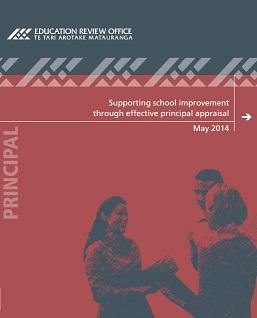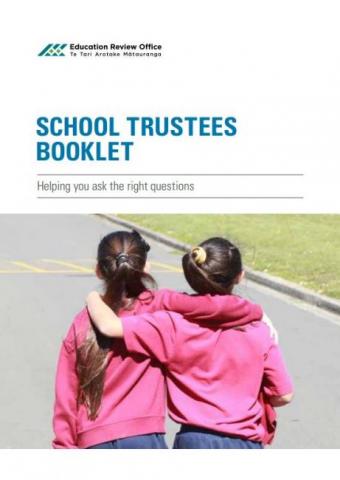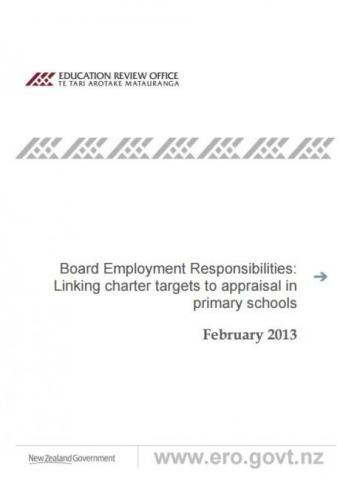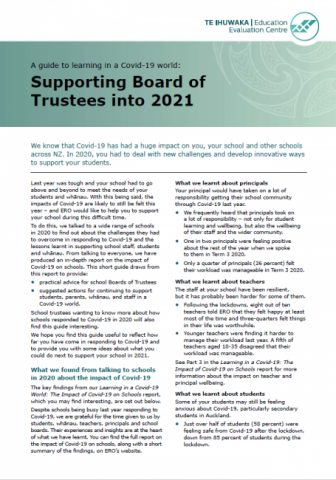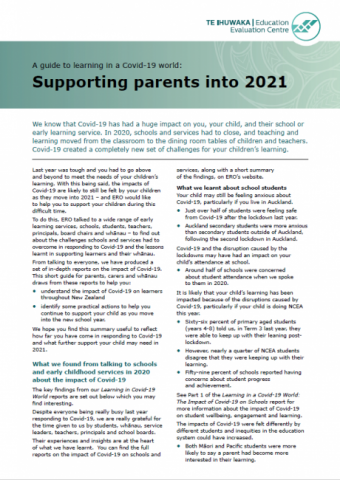Student Safety in Schools Recruiting and Managing Staff
Published: 23 Jan 2014
This report presents the findings of ERO's 2013 evaluation of how schools ensure student safety when recruiting and managing staff. ERO focused on four key areas in this evaluation. To make this report easier for school staff and trustess to consider, the findings, recommendations and self-review tools have been grouped under each of the four headings below:
- Audience:
- Schools
- Content type:
- Research
- Topics:
- Safety
- Vulnerable Children's Bill
- Board of Trustees
- New Zealand School Trustees Association (NZSTA)
- School policies and procedures

